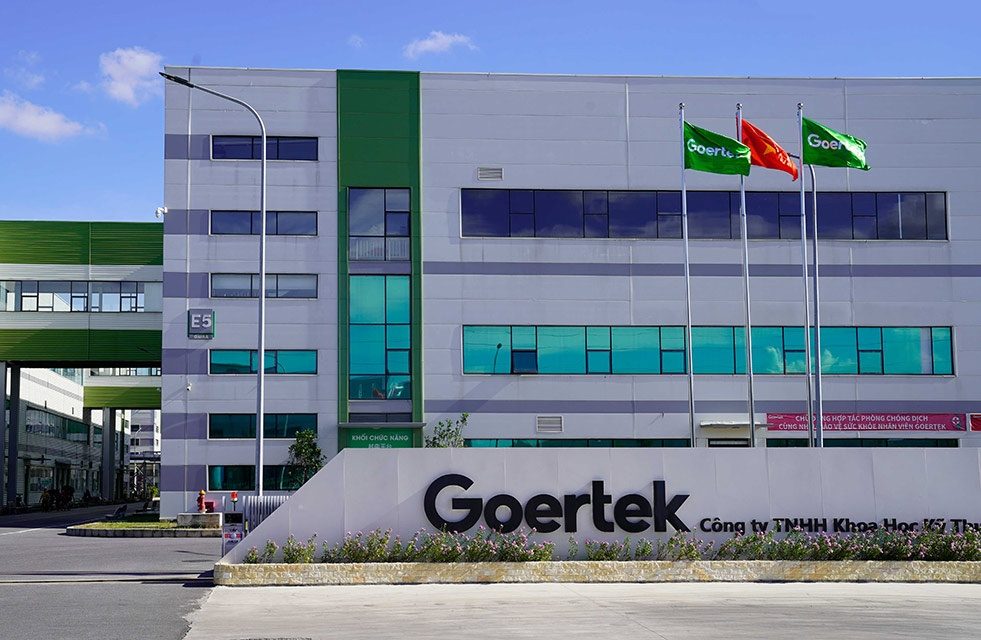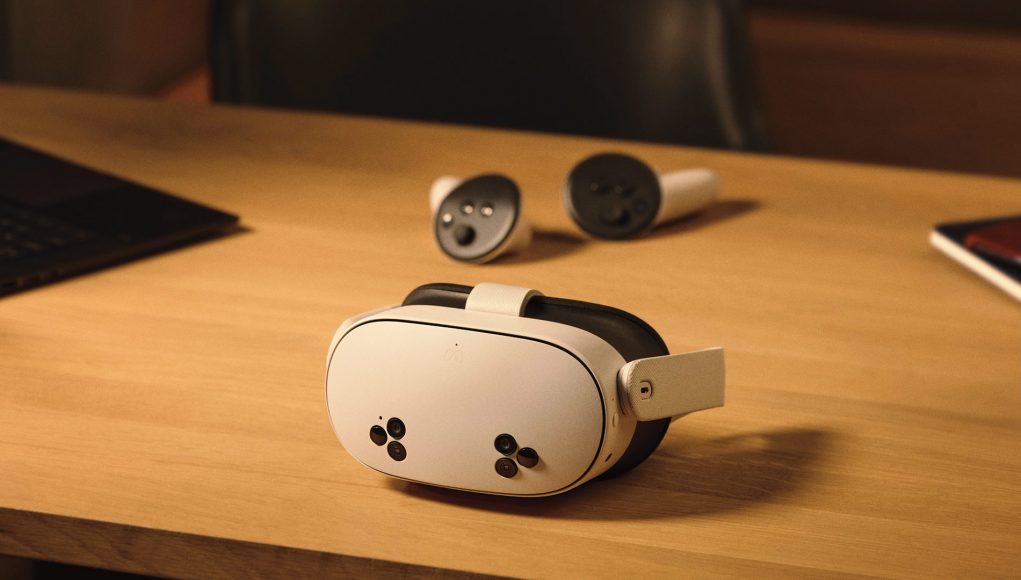A recent report from The Information maintains Meta has started outsourcing some design for upcoming headsets amid a shift to move part of its production out of China. Now, Meta CTO Andrew Bosworth refutes those specific design claims, saying headsets will continue to be designed “in house.”
According to The Information (non-paywalled via SeekingAlpha) Meta is reportedly planning to move half of its Quest headset manufacturing from China to Vietnam, a step done to avoid upcoming steep import tariffs soon to be levied on that country by US President-elect Donald Trump.

The report additionally alleges Meta is set to shift more of its component design, including lenses and displays, to Goertek, the Chinese original design manufacture (ODM) known for creating both reference designs and manufacturing devices for companies across the XR industry.
Furthermore, Meta has reportedly tapped Goertek and other manufacturers to eventually develop its headsets by 2030, as the company is said to transition to focus more on its lucrative software business. Such a joint design manufacturing relationship would allegedly include Meta outlining goals to Goertek, which then proposes multiple options for Meta to choose from.
Andrew Bosworth, Meta CTO and head of the company’s XR-focused Reality Labs, has however refuted those specific design claims in a recent X post.
“[S]omeone is pushing the design rumor hard to multiple outlets, and that aspect remains false,” Bosworth says. “We continue to design our headsets in house as we have and have no plans to change that. We always partner with our manufacturers to some degree but nothing material is changing there.”
In a follow-up post, Bosworth underlines its work with Goertek will be business as usual.
“To be clear, Goertek is a great partner and as parts of our stack are more mature and used from headset to headset we’re glad to have them carry the designs across which has always been true. But this isn’t a change from how we’ve done business with them even as we scale it up.”
Citing a Meta employee, The Information additionally reports Goertek has begun designing the outer shell for future versions of Meta’s MR headsets, and is now playing a larger role in R&D for other Meta products, including its Ray-Ban Meta smart glasses.
Earlier this year Goertek injected $280 million into its Vietnamese subsidiary, which according to the Shenzhen Stock Exchange filing is said to specialize in manufacturing consumer electronics products, such as headphones, smartwatches, and VR and AR devices.






